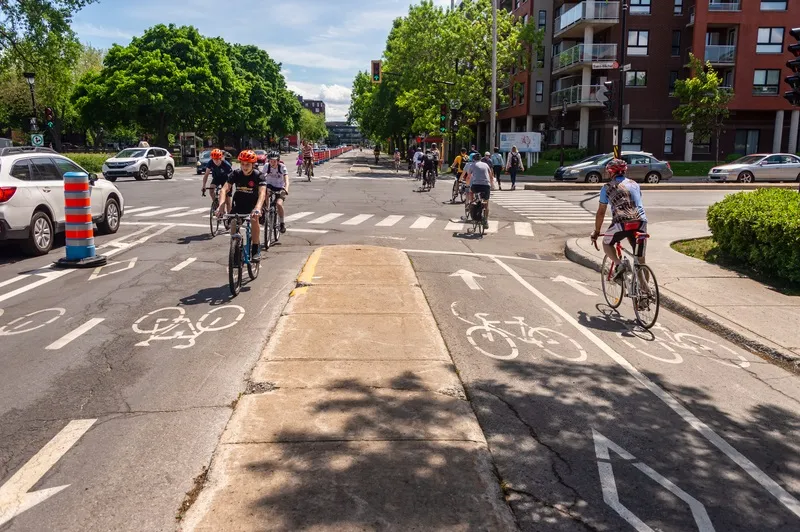QRoutes has launched the latest version of its Transport Planning tool which is designed with the intention of simplifying and improving the planning of school and special needs transport. It creates visual map-based results and enables planners to explore what-if scenarios to find new improved routes. The QRoutes Planner (QRP) can configure the system to take into account a range of variables affecting each route plan. These include board and alight times for different passenger types, and road type
November 15, 2017
Read time: 2 mins
QRoutes has launched the latest version of its Transport Planning tool which is designed with the intention of simplifying and improving the planning of school and special needs transport. It creates visual map-based results and enables planners to explore what-if scenarios to find new improved routes.
The QRoutes Planner (QRP) can configure the system to take into account a range of variables affecting each route plan. These include board and alight times for different passenger types, and road type speed settings, which can be calibrated from actual journey times.
QPR configures the tool according to vehicle type, cost, time and distance travelled, CO2 emissions and other variables. New features enable users to prioritise which vehicles are included in the routing; allowing the selection of in-house fleets over external contracts, and visibility of height restrictions that may affect vehicle access.
Jeff Duffell, business development director, QRoutes, said: “In developing QRoutes, we knew it was essential to produce a solution that was relatively inexpensive, could be implemented quickly and produce almost immediate results. For these purposes, it needed to be cloud-based, so that people could just turn to it and use it,”
“QRoutes has the speed and economic viability to re-optimise the system very quickly, and of course this can be repeated over time. It also allows planning to take place at a particular time of the year when requirements are known, rather than undertaking the process over a period of months,” added Duffell.
The QRoutes Planner (QRP) can configure the system to take into account a range of variables affecting each route plan. These include board and alight times for different passenger types, and road type speed settings, which can be calibrated from actual journey times.
QPR configures the tool according to vehicle type, cost, time and distance travelled, CO2 emissions and other variables. New features enable users to prioritise which vehicles are included in the routing; allowing the selection of in-house fleets over external contracts, and visibility of height restrictions that may affect vehicle access.
Jeff Duffell, business development director, QRoutes, said: “In developing QRoutes, we knew it was essential to produce a solution that was relatively inexpensive, could be implemented quickly and produce almost immediate results. For these purposes, it needed to be cloud-based, so that people could just turn to it and use it,”
“QRoutes has the speed and economic viability to re-optimise the system very quickly, and of course this can be repeated over time. It also allows planning to take place at a particular time of the year when requirements are known, rather than undertaking the process over a period of months,” added Duffell.










